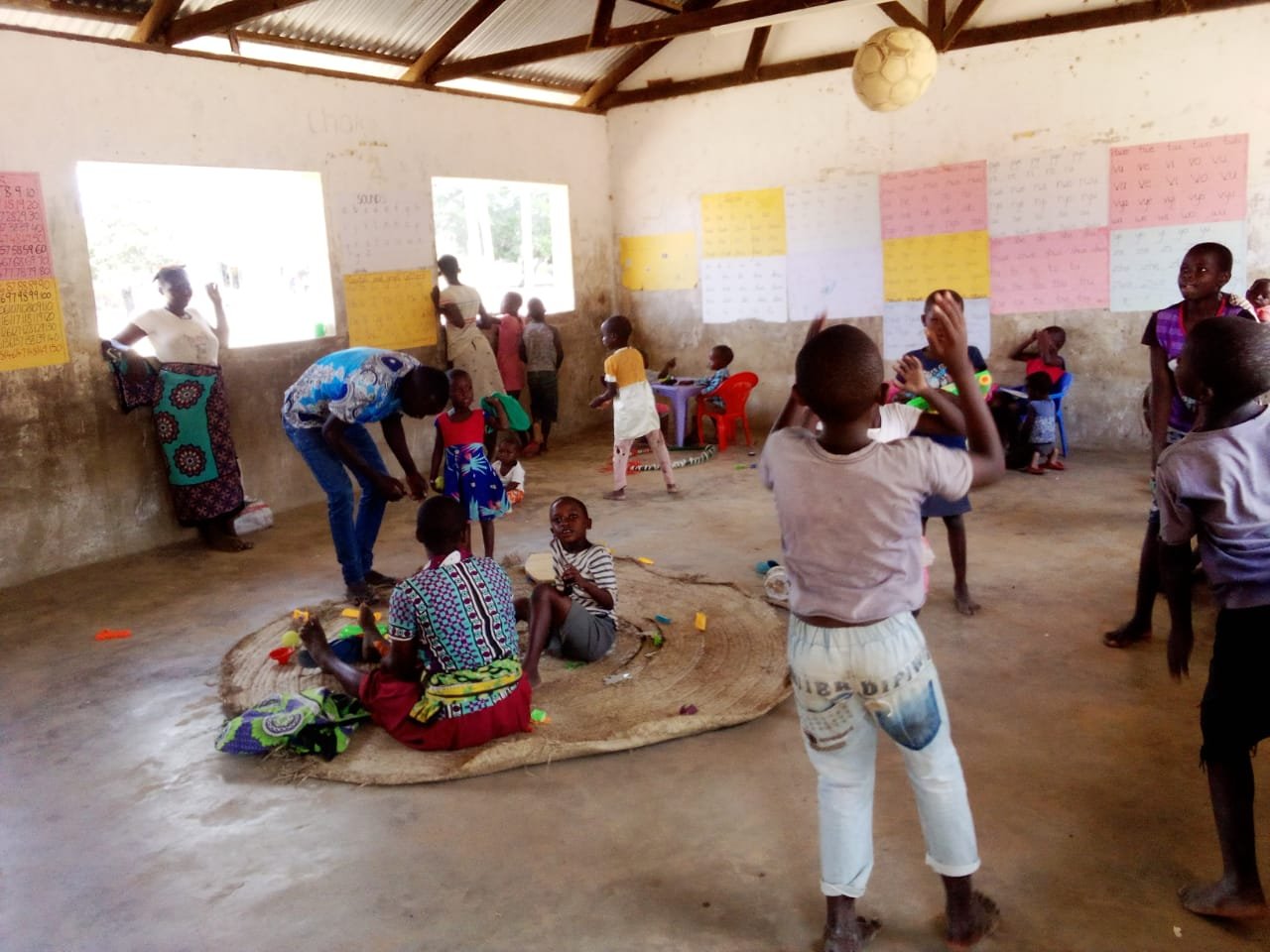The Malanga Inclusion Project is based in a rural area of Kilifi County, A North East Coastal area of Kenya. KILIFI COUNTY INCLUDES SOME OF THE MOST DEPRIVED AREAS IN KENYA, with 58% OF THE POPULATION living in poverty, AND OVER HALF NEVER RECIEVING ANY formal education.
Despite Kenya having some of the most robust legislation in Africa for the recognition of the rights of disabled people, the gap between the institutional recognition of rights and their actualisation remains huge, particularly in rural areas. Prior to the development of the Malanga Inclusion Project, there were no dedicated services in Malanga to support disabled children. The nearest hospital is in Malindi - 40km away mostly via dirt roads and totally inaccessible to the vast majority of residents due to cost in time and money to travel there.
The project was developed in 2017, growing from a parent self help group of disabled people and parents. The group recognized the limited participation of disabled children in their communities. Most disabled children were hidden at home, receiving no education, healthcare or social interaction. Parents of disabled children were suffering isolation and stigma, and cared for their disabled child without any family or community support.
The Malanga Inclusion Project is our busiest partnership, delivering over 42,000 visits to date. Our playschemes are strategically based at 4 schools across the county, ensuring integration and visibility within the community. By displaying joyous scenes of children playing, we proudly promote integration and inclusion of disabled children.
Children at The Malanga Inclusion project getting creative
Playschemes
Playschemes in Malanga are open five days a week, based at four government-run primary schools . Our playschemes draw disabled children out the house, ending their isolation and allowing them to make friends, cared for by play teams who role model inclusion and valuing disabled children. Play teams provide employment to the local community, who work all year-round with more than 120 disabled. children.
Parent support
The Malanga Parent support network is an active group that works to prevent isolation and loneliness amongst parents of disabled children. The project runs regular parents meetings, supporting around 30 parents a month. We also provide an outreach service that provides food and resources to families where needed. This work also plays a key role in identifying other disabled children who need our support. We have found that just giving parents a space to talk and support one-another can be life-changing. It also empowers parents to be advocates for their disabled children, helping to tackle stigma and create an inclusive community.
Medical support
Our playschemes provide a vital setting for basic medical care and primary assessment of the children’s needs. We have employed a Medical Support Officer (MSO), who is a qualified and experienced physiotherapist. The MSO provides physiotherapy to the many children who need it, whilst also providing a range of services including the setting and plastering of simple fractures, treating infections, and nutrition monitoring and support to all the children who attend the playschemes in Malanga. The MSO assists children in accessing further medical care when required. Mobility aids, medication, and other treatments are also provided as available and appropriate.
Inclusive education
Our playschemes are strategically located within local schools, to encourage intergration and access to education. However, with large class sizes, limited resources and inexperienced staff, ensuring that a disabled child has a meaningful educational experience at school is a major challenge and can prove impossible. The only available, accessible and appropriate educational setting for most disabled children is the Malanga Inclusion Project playscheme. Our playschemes provide a stimulating and immersive educational environment.
The playscheme allows staff to assess and identify disabled children who can be supported to participate in mainstream classes by playworkers and school staff if it is in their best interests.
Our aim is to help shape an inclusive education system by:
facilitating working relationships between community playworkers and the school teachers
creating a network of teachers from participating schools for information and idea-sharing
establishing ‘Inclusion Clubs’ – groups of non-disabled children who will be taught about disability, participate in playschemes, and become advocates for inclusion
providing an alternative strategy for inclusive education which can be replicated across the country









